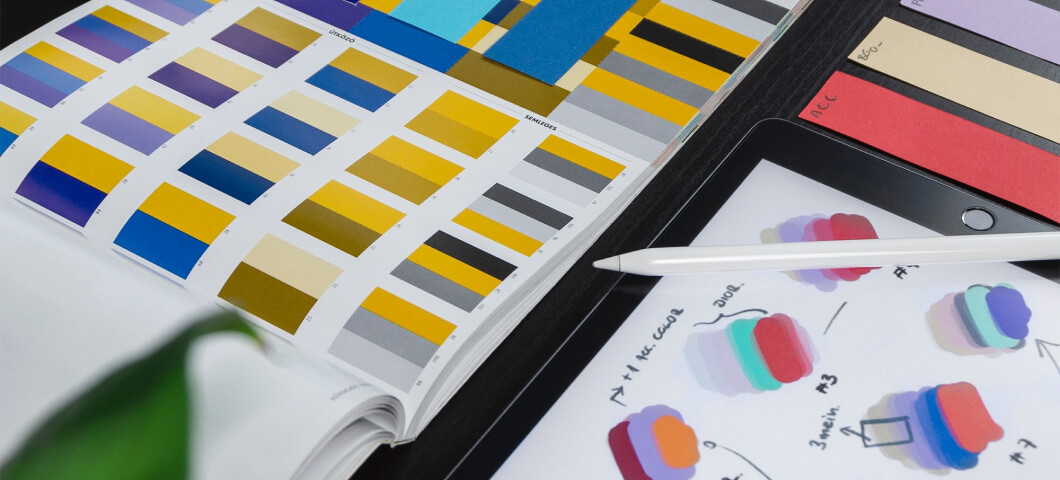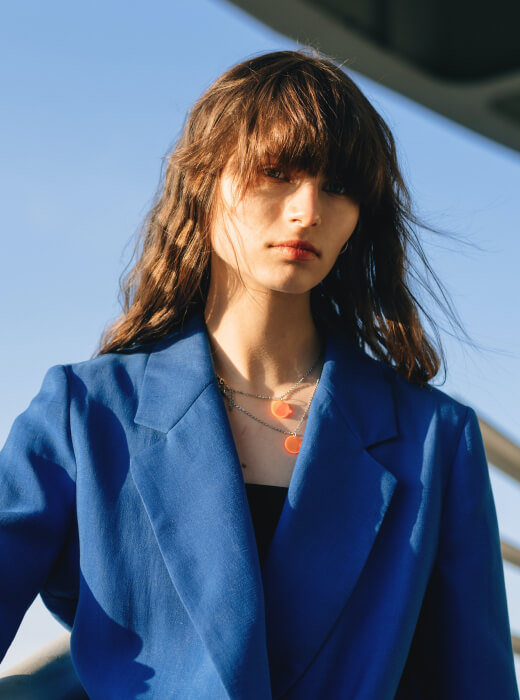
PAY ATTENTION TO PROPORTIONS
Understanding proportion is key to creating well-balanced outfits. Consider the lengths, volumes, and sizes of different clothing pieces when putting together an ensemble.
Pair loose-fitting tops with fitted bottoms or vice versa to create a visually appealing and flattering look.
FASHION TIPS: UNLOCKING YOUR STYLE POTENTIAL
Understanding your body shape and dressing accordingly can do wonders for your style. Whether you have an hourglass figure, a pear shape, or an athletic build, identify clothing silhouettes that accentuate your best features and create a balanced look.
EXPERIMENT WITH COLORS AND PATTERNS
Colors and patterns can add depth and personality to your outfits. Don’t be afraid to mix and match different hues and experiment with patterns to create visually appealing ensembles.
However, be mindful of balancing bold patterns with solid colors to avoid overwhelming your overall look.
ACCESSORIZE
THOUGHTFULLY
Accessories are the cherry on top of any outfit. They have the power to elevate a simple ensemble or transform an ordinary look into something extraordinary.
Experiment with statement necklaces, scarves, hats, belts, and bags to add flair and express your personal style.
“We make sure that our clothes are ecological. We design clothes that mark the market. We make clothes for the market.“
Marc Cuban
CEO of Loobek
CEO of Loobek

DISCOVERING YOUR PERSONAL STYLE REQUIRES SELF-REFLECTION. TAKE NOTE OF THE COLORS, SILHOUETTES, AND FABRICS YOU'RE NATURALLY DRAWN TO.
Consider your lifestyle, preferences, and the image you want to project through your clothing choices. Experiment with different styles to find what resonates with you.
1
INVEST IN VERSATILE PIECES
Building a wardrobe filled with versatile pieces allows for effortless styling and maximizes the potential of your clothing.
2
STAY UPDATED:
Fashion trends come and go, but staying updated with the latest fashion news and trends can inspire your personal style.
3
CONFIDENCE IS KEY
The most crucial element of personal style is confidence. Wear what makes you feel comfortable, beautiful, and authentic.
CONCLUSION
Fashion is an ever-evolving art form that allows us to express our uniqueness and creativity. By understanding the design process, incorporating fashion tips, and embracing our personal style, we can unleash our fashion potential and embark on a journey of self-expression.
Remember, fashion is not about conforming to trends but about embracing your individuality and feeling empowered through what you wear. So go ahead, experiment, and create your own fashion story. Let your style be a reflection of your beautiful, one-of-a-kind self!
FASHION IS NOT JUST ABOUT THE CLOTHES WE WEAR; IT'S A FORM OF SELF-EXPRESSION, AN ART, AND A REFLECTION OF OUR INDIVIDUALITY. THE WORLD OF FASHION IS CONSTANTLY EVOLVING, INFLUENCED BY CULTURAL SHIFTS, SOCIETAL TRENDS, AND PERSONAL PREFERENCES.
In this blog post, we will explore various aspects of fashion, including the design process, fashion tips, and the power of personal style.
FASHION DESIGN IS A FASCINATING BLEND OF CREATIVITY AND CRAFTSMANSHIP.
Behind every stunning garment lies a meticulous design process. Let’s dive into the four key steps that designers undertake to bring their visions to life:
- With the new fashion trends.
- We care for the environment at every stage of production
- Best quality materials
1
INSPIRATION
The design process begins with finding inspiration from various sources. It could be anything from nature’s beauty to art, architecture, or even personal experiences. Designers immerse themselves in research, creating mood boards, and collecting swatches of fabric, colors, and textures to fuel their imagination.
2
CONCEPTUALIZATION
Once inspired, designers start translating their ideas into tangible concepts. They sketch rough outlines, experiment with different silhouettes, and envision the overall aesthetic of the collection. They consider factors such as target audience, occasion, and seasonality while conceptualizing their designs.
3
DEVELOPMENT
The development stage involves transforming initial sketches into more refined designs. Designers work on pattern-making, fabric selection, and garment construction techniques. They create prototypes or sample pieces to assess the fit, functionality, and overall appearance of their creations. Iterations and adjustments are made to ensure the final product meets the desired standards.
4
PRODUCTION
The final step in the design process is production, where designers oversee the manufacturing of their designs. This involves sourcing materials, collaborating with manufacturers, and ensuring quality control. Attention to detail is crucial to guarantee that the end product matches the designer’s vision.
